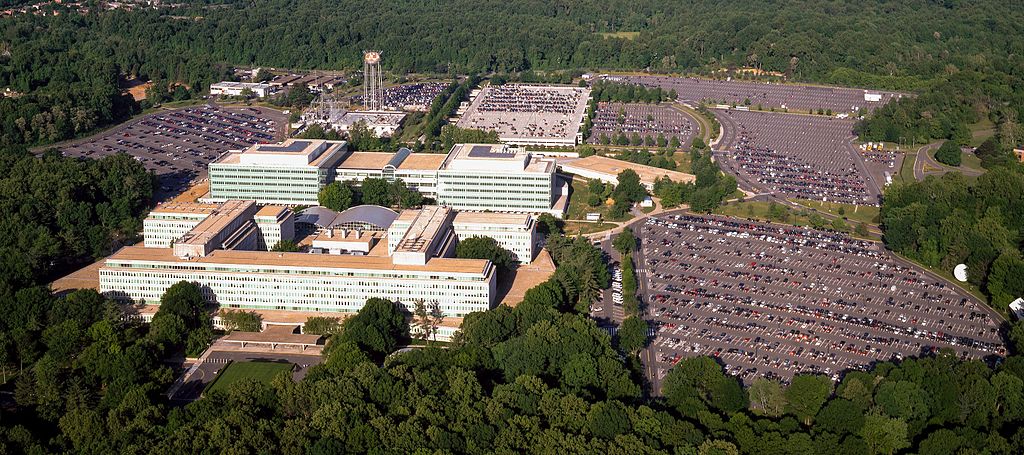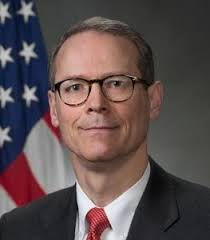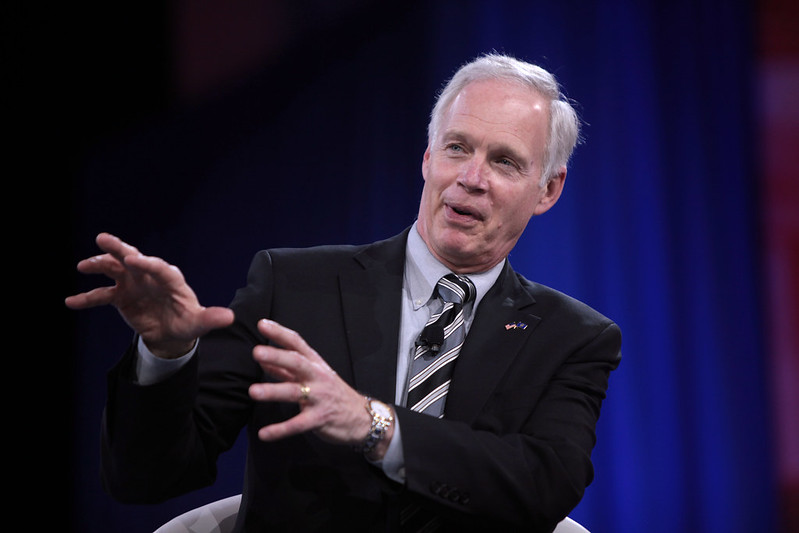Glasnost for US Intelligence: Will Transparency Lead to Increased Public Trust?
Earlier this month, the Chicago Council on Foreign Affairs published our report on the first round of a polling project sponsored by the Texas National Security Network aimed at shedding light on Americans’ perceptions of our intelligence agencies and testing the claim that efforts by these agencies to be more open will enhance their democratic legitimacy.

Published by The Lawfare Institute
in Cooperation With

Earlier this month, the Chicago Council on Foreign Affairs published our report on the first round of a polling project sponsored by the Texas National Security Network aimed at shedding light on Americans’ perceptions of our intelligence agencies and testing the claim that efforts by these agencies to be more open will enhance their democratic legitimacy. (The full report, including survey methodology, poll results, and limited policy analysis is available here.)
The good news from this initial report is that the intelligence community is generally viewed by the public as effective, particularly in preventing acts of terrorism. But, Americans remain largely unconvinced that these agencies respect their privacy and civil liberties while undertaking this necessary work. Americans are not inclined to extend these same rights to foreigners whose communications may be subject to U.S. surveillance, as required by current policy. And, despite more than a decade of vigorous public debate over controversial intelligence programs, we discovered that few Americans actually understand the institutional framework for supervising and overseeing U.S. intelligence.
This project emerged in the wake of NSA contractor Edward Snowden’s 2013 leaks of electronic surveillance and other classified programs. The tactical problems caused by Snowden’s perfidy were ultimately overshadowed by more serious questions concerning the democratic legitimacy of a post-9/11 intelligence community swollen by large infusions of money and personnel and extraordinary grants of authority. The intelligence community’s response to this challenge included a “Transparency Initiative” that assumed: 1) a public that better understood the U.S. intelligence community would be more inclined to view it as legitimate and its work necessary; and 2) gains in trust through direct public engagement would offset the acknowledged mission and opportunity costs of conducting intelligence work more openly.
The most reliable way for the intelligence community to gauge the effectiveness of its various transparency programs would likely be periodic public polling, but any attempt by today’s intelligence agencies to measure public opinion in the U.S. would stir uncomfortable memories of Cold War-era projects. In this context, the Texas National Security Network fielded a nationally representative survey of 1,000 Americans with the survey market-research firm YouGov. The first round of the poll is intended to establish a stable baseline that measures Americans’ overall perception of the American intelligence community, its effectiveness, regard for civil liberties, and democratic oversight.
Our goals in gathering and analyzing this information this year and in the future are: 1) to inform scholarly and popular debate on the proper role of intelligence in our democracy; and 2) to help intelligence community officials design public-facing programs that respond most directly to the actual knowledge, beliefs, and concerns of the American people. We view this project as a useful complement, and not a challenge, to Lawfare’s monthly polling on public confidence in U.S. national-security institutions, including the intelligence community.

Here are several key takeaways from the initial report:
- 56 percent of respondents indicated that the U.S. intelligence community “plays a vital role in warning against foreign threats and contributes to national security” while only 7 percent of those questioned thought our intelligence agencies were “no longer necessary”. Large differences were noted in this pool based on respondents’ general knowledge of foreign affairs;
- 75 percent of respondents regarded the intelligence community as effective in “preventing terrorist attacks against the U.S.”, but only 43 percent judged the intelligence community equally effective at “protecting the privacy an civil liberties of Americans”. More Democrats than Republicans credited the intelligence community with protecting their rights (see figure above);
- More than 90 percent of Americans agreed with the longstanding charge by U.S. presidents that the intelligence community employ “[a]ll reasonable and lawful means” to ensure the government receives the best possible intelligence, but only 38 percent believe that in gathering this information the U.S. intelligence community should “respect the privacy rights of foreigners to the same extent as Americans”. Democrats were more likely than Republicans or Independents to extend privacy protections to foreigners;
- 63 percent of Democrats believe the intelligence community can share more information with the public without compromising its effectiveness, while only 42 percent of Republicans hold that view;
- From a shortlist, 24 percent of respondents selected the NSC as the institution primarily responsible for monitoring U.S. intelligence, while only 11 percent thought the president played this role. Only 20 percent of those polled associated the Congress with intelligence oversight, while 21 percent (incorrectly) believe federal courts and judges play a central role in regulating U.S. intelligence.
We see this as a preliminary point of departure for our assessment of the public’s view of the U.S. intelligence community. It remains to be seen how stable public views are over time. intelligence community leaders hope that their transparency efforts will steadily increase public support. But, further direct attacks by the President on intelligence community agencies, confirmation battles over a new CIA director, the outcome of the Russia investigation, and unforeseen future developments are equally likely to shape public attitudes.




-final.png?sfvrsn=b70826ae_3)

